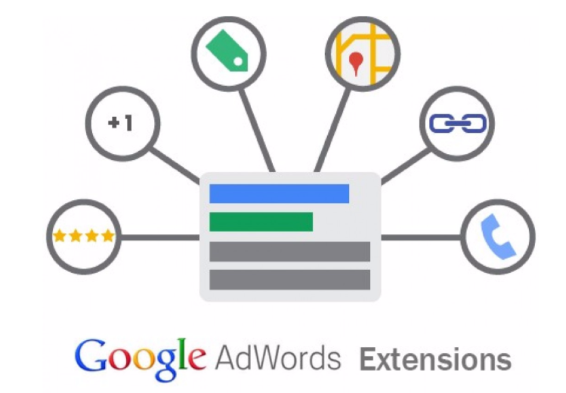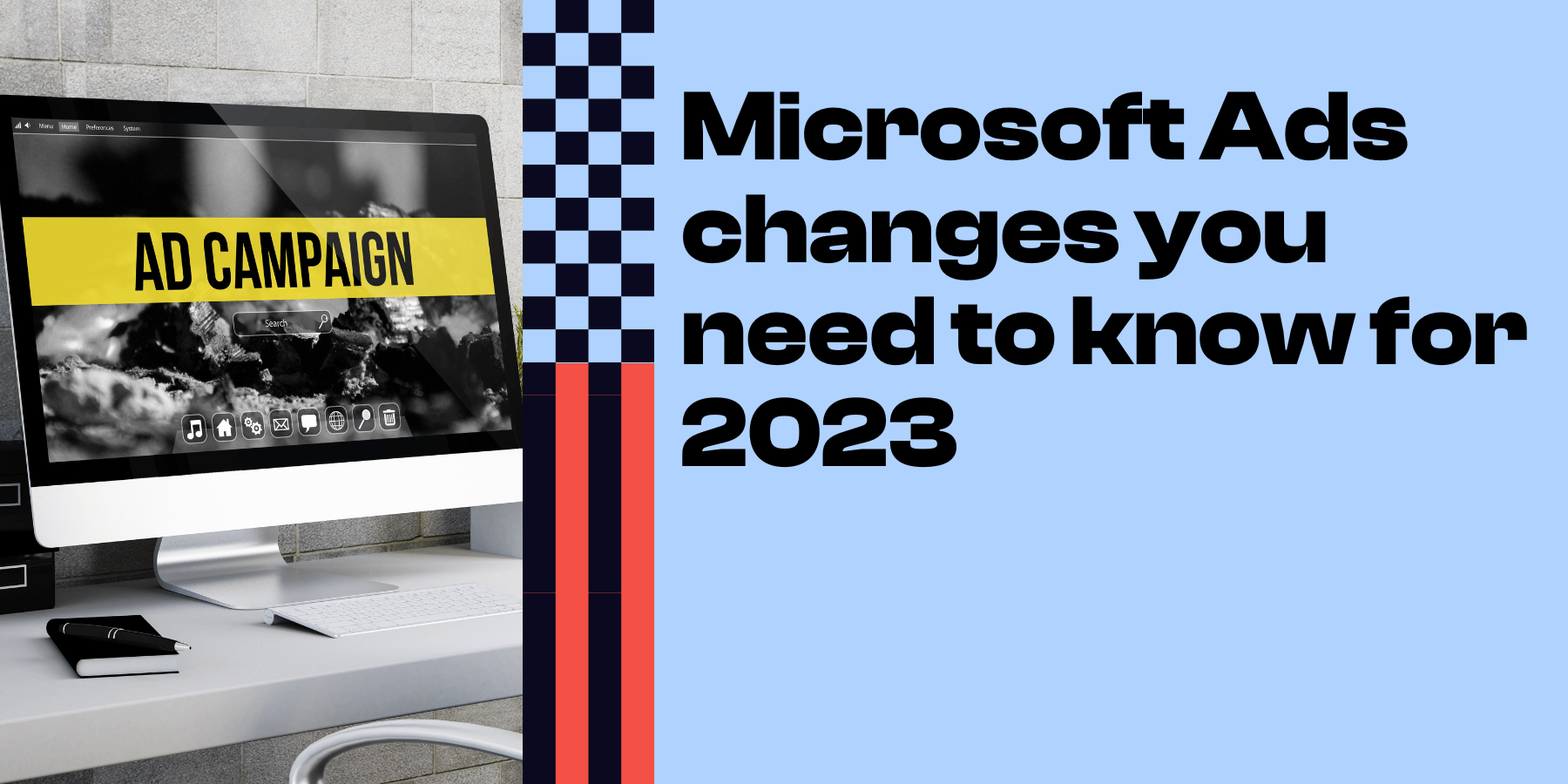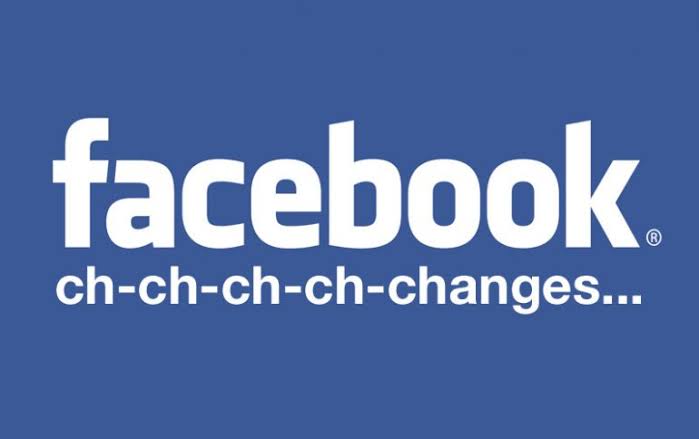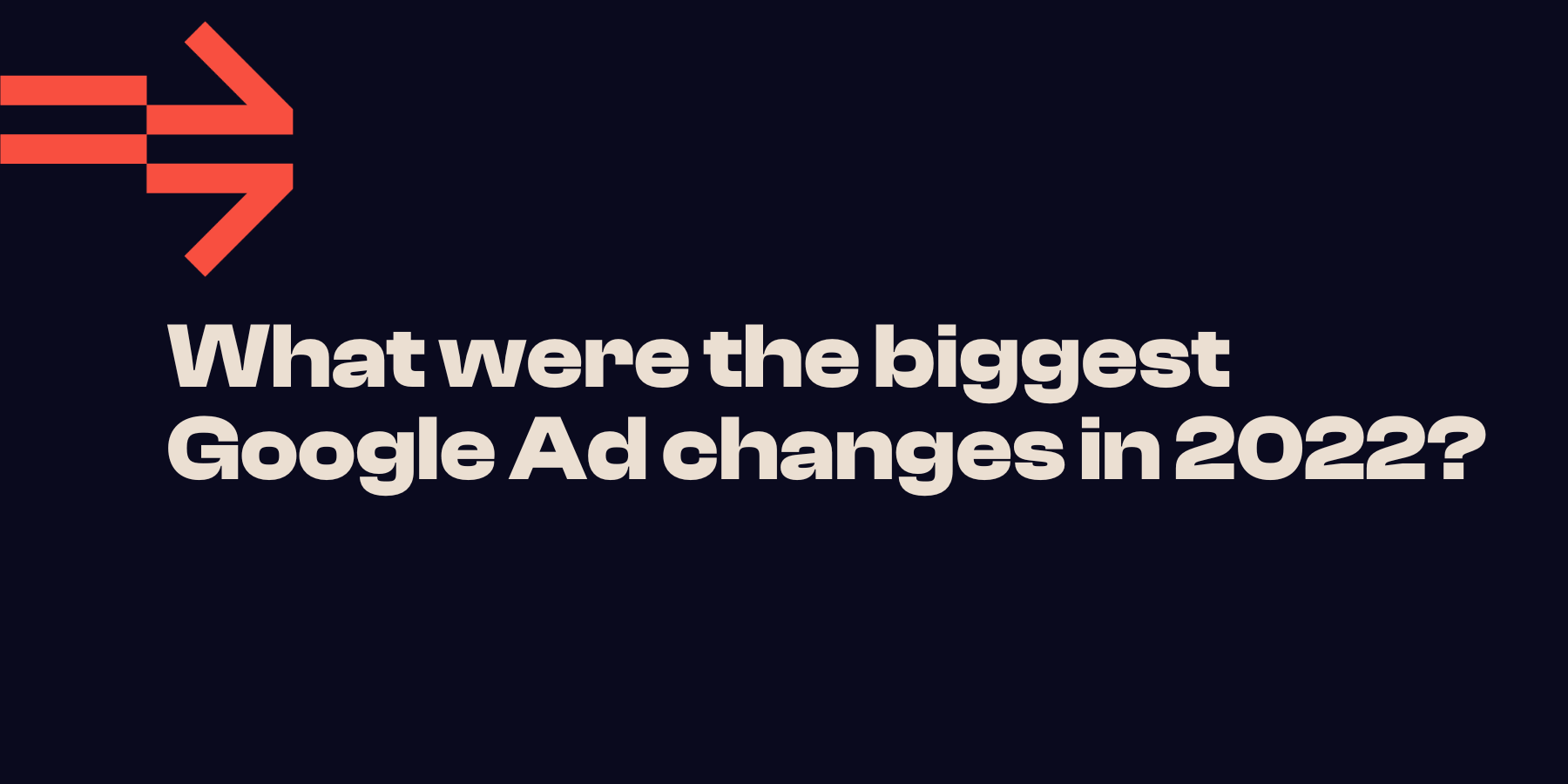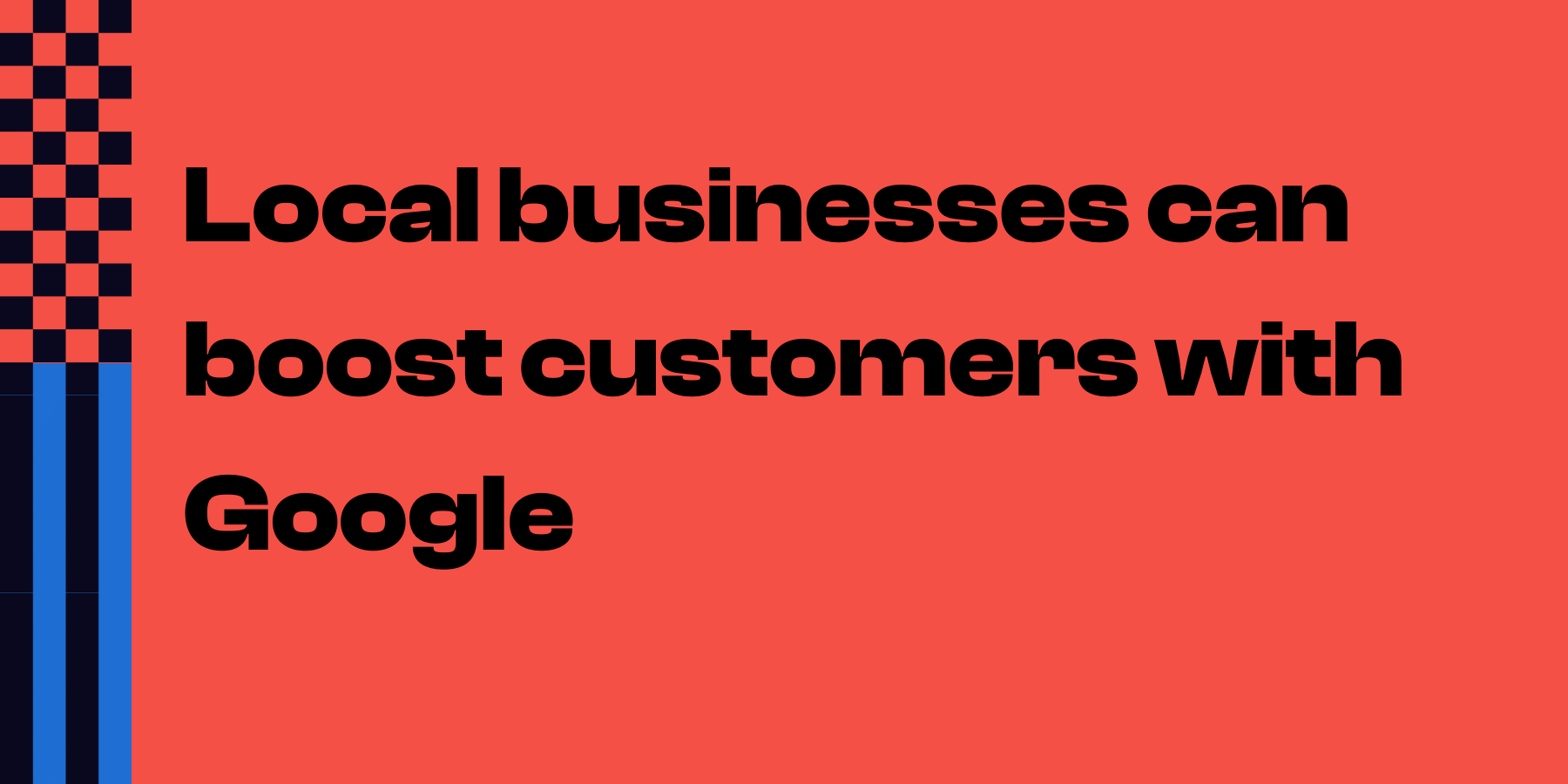Google Ad Extensions are a pretty simple concept and are often misunderstood as being unnecessary. However, when it comes to Google ads, even the smallest additions can make all the difference. Think about it, when is an “extension” ever a bad thing?
Movies, recliner chairs, houses, video games; these are all awesome extendable things! The same principle applies to Google Ads - the extensions make them way better. I hope you have your Google Ads account ready because you’re about to get a lesson in Google Ad Extensions.
We’re going to give you the insight to kill your Google ad game with possibly the most simple changes you can make (or not make). If you want to be a Google ad Ext-rodinaire then keep reading!
What is a Google Ad Extension?
As you may have gathered by now, a Google Ad Extension is an extra piece of information or call-to-action that further prompts people to click on your ad. Typically your ad will appear larger and have more text in it than a regular ad if it is extended.
Things like phone numbers, reviews or ratings, extra product links and calls-to-action (or callouts as Google calls them) can all be added as an extension. Some extensions may be automatically applied to your advert however most need to be created to be available for Google to apply.
Ad Extensions don’t cost extra, but they do incur Google’s standard Cost Per Click (CPC) charge if a user clicks on them. You won’t be charged more than two clicks per impression for each ad and its extensions.
Most Google Extensions require a manual setup, however some also appear automatically. If Google predicts that a specific extension will improve you ad performance, they will apply it to your ad. For example, if you have a mobile number attached to your business, they may add an SMS extension to your ad.
Typically we find Ad Extensions increase our Click Through Rates (CTR), that is the percentage of people who click on the ad after seeing it. So if we’re not paying extra, but it increases the number of people interacting with our ads, that’s exactly what we’re looking for!
Why use Google Ad Extensions?
I’m glad you asked. Your potential customers will only absorb as much information as is immediately put in front of them in a purchase situation.
Let’s think of it in the context of a physical store. Say you walked in to buy a vacuum cleaner and the salesperson tells you what its called. You ask for more information but the salesperson can’t give it to you.
They advise you that you have to walk to the other side of the store to find out if it’s in stock, what it does and how much it costs. You get to the other side of this huge department store just to find out, this vacuum cleaner is not what you need at all. How would you feel?
Frustrating, right? This is how customers feel when they see an ad with minimal information as opposed to an ad with extensions. Ads with little information mean that the customer has to click onto the website and manually try to find what they’re looking for.
By this time, they may have lost interest or chosen someone else. However, when you add extensions, that information is right there in front of them, which makes them more likely to click-through and convert.
According to the Ehrenberg Bass Institute, online consumers take an average of 19 seconds to purchase. And that includes decision-making time! You need to pull out all the stops to capture customers attention in that time frame. Having a good website with clear conversion goals will help you make the most of your Google search business!
Types of automated extensions
These extensions appear without you even knowing that they’re extensions. You may think that they’re standard practice for every Google ad, but they usually only appear as a result of something else. If you set your ad parameters with specific fields of information, you might get an auto-extension. You can read more about these types of extensions at Google Ad Help.
Automated call extensions
Sometimes, Google will get the impression from your website that your goal is for people to call you. For example, if you’re a service-based business that relies on people calling to make bookings, Google may pick up on this. They’ll then add a call button on your ad for Mobile users so that they can call directly from their search results.
Automated message extensions
If you’ve used a mobile number to set up a call extension or allow messaging on your website, Google may set up message extensions. It will usually appear as a small speech bubble icon allowing people to click and chat with you via your mobile number.
Sitelink extensions
Sitelink extensions are pretty straight forward. Google will take popular/ relevant likes from your website and display them as extra links within your add. For example, some dynamic sitelinks for Refuel might be our ‘what we do’, ‘who we are’ and ‘blogs’ pages.
Dynamic structured snippet extensions
This is a bit of a boring one; it just adds more descriptive text to help people get a better sense of the products and services you offer. Simples!
It does have the added benefit of taking up more real estate in search results, pushing your competitors down, and demonstrating increased relevance.
Automated location extensions
Location extensions are super handy for letting people know where you are, how to get to you or how far away from their location you are. Depending on your set up, your ad may appear with a Google map or a clickable location link which takes them to your location page.
The most nifty location extension, in my opinion, is the distance calculator which shows the viewer how far they are from you. This usually works well when someone is not far from your location as it incentivises them to investigate further.
Seller rating extensions
If your seller ratings are worth revealing to the world, Google will be sure to put them in your ad. There will be a combination of information, reviews and potentially star ratings to let viewers know that people like your service! Remember, you can't delete Google reviews, so make sure you review your reviews regularly to maintain as high a rating as possible.
Callout extensions
These extensions appear as words or small statements about your business that could intrigue someone and make them click on your ad. This could be as simple as ‘shop online’ to something like ‘industry certified’ or ‘50 years experience’.
If these aren’t automatically applied to your ads, you can just as easily add them yourself. However, there are some extensions that are only available via manual application.
Types Of Manual Extensions
These are some of the only extensions that don’t automatically apply no matter how you’ve set the ads up unless you apply them manually.
Price extensions
Provide a showcase of your product or services along with their prices so that your viewers can browse directly from the ad. It’s all about convenience, and if they don’t have to click on your ad to see what they want, you bet they will be more inclined to consider what you’re offering.

Affiliate location extensions
This is more of a niche ad extension as it only applies to certain types of businesses. This ad will help businesses who sell in retail chains as their customers will be able to identify who their nearest stockists are.
Structured snippet extensions
This method allows you to select predefined headings and set them to appear at certain times. You will want to choose products, services or keywords that your ads audiences will most be interested in and then schedule them in to appear at ideal times.

Lead form extensions
In Google's latest update, you can now add a lead form to your video content and optimise it for higher intent leads or higher volume of leads. With 'higher intent' leads selected, the ad is shown to people who have displayed behaviour indicating they are likely to be interested in your product/service. Or you can change this to 'more volume', which will bring you more leads of lesser quality.
Don’t lose valuable customers to your smart, extension-using competitors! If these concepts have gone way over your head but you really want to improve your ROI, book a 30-minute exploratory call with us to see how we can help!
